Phrases like “I only smoke when I drink” and “I crave smoking when I drink beer”, among other things, seem to sound like an excuse not to quit smoking. However, the relationship between drinking and nicotine exists and can be explained chemically.
Numerous studies addressing the problem have been published in recent years alcohol as a trigger for smoking, which affects both people who smoke occasionally and those who are addicted to tobacco. One of them is written by neuroscientist and specialist in addiction mechanisms at the University of Pennsylvania (United States), John Dani.
According to Dani, alcohol and nicotine strengthen the production of dopamine, neurotransmitter linked to the sensation of pleasure. Therefore, the simultaneous consumption of beer (or other alcoholic beverages) and cigarettes makes the individual even more euphoric and happy, effects which are short-lived.
But the two substances also act in an antagonistic way, since alcohol acts as a depressant of the nervous system, causing relaxation and drowsiness, while nicotine has a stimulating power. For this reason, the desire to smoke increases when you drink, to counteract the sleep induced by the doses consumedin a cycle of addiction.
Social and cultural factors
In addition to the chemical aspect, social and cultural factors also help explain why drinking increases the desire to smoke. Many people have the habit of using both products in social and interaction situations, such as parties, shows, bars and other situations, and so they end up being associated with emotional memories.
And nicotine plays a fundamental role in this association. According to the American neuroscientist, the substance present in cigarettes is able to strengthen neuronal connections by up to 200% when a dopamine signal is sent from the “reward centers”.
As a result, memories of smoking and drinking during free time with friends and family are recorded in the brain, taking advantage of memory pathways strengthened by nicotine, according to the study. As with other enjoyable activities, the person will want to repeat the mixture when faced with a trigger.
Because of all these associations, quitting smoking tends to become an even more complicated task for those who drink, as the desire to light up a cigarette arises as soon as they enter a bar. In this case, you may need to seek professional help.
Increased hangover effects
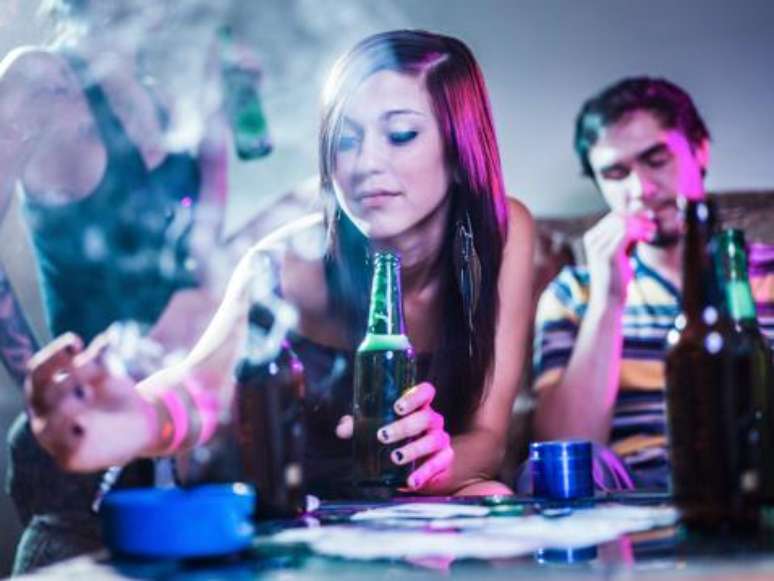
As studies suggest, It is very likely that you will drink a lot more after the first few puffs., just as more cigarettes will be needed to accompany the drinks that follow. The result of this can be a bigger hangover than expected.
It’s not just excessive alcohol consumption that’s to blame, as some substances contained in smoking cause headaches and increase other unpleasant symptoms related to drinking.
Source: Terra
Ben Stock is a lifestyle journalist and author at Gossipify. He writes about topics such as health, wellness, travel, food and home decor. He provides practical advice and inspiration to improve well-being, keeps readers up to date with latest lifestyle news and trends, known for his engaging writing style, in-depth analysis and unique perspectives.

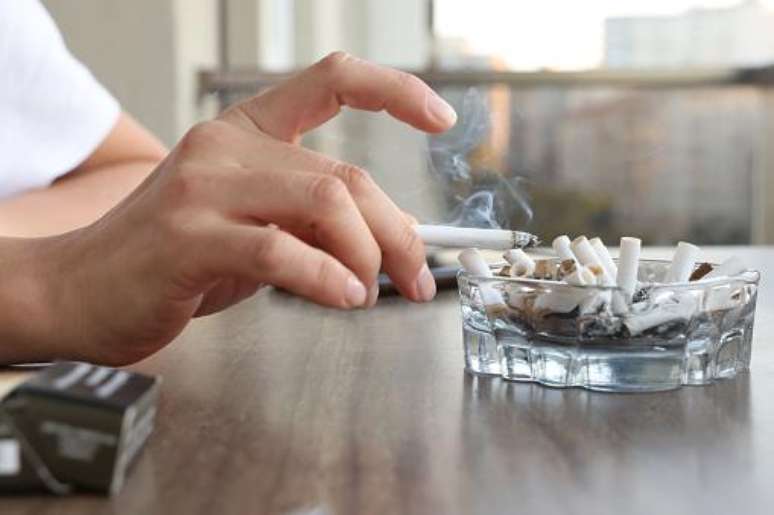

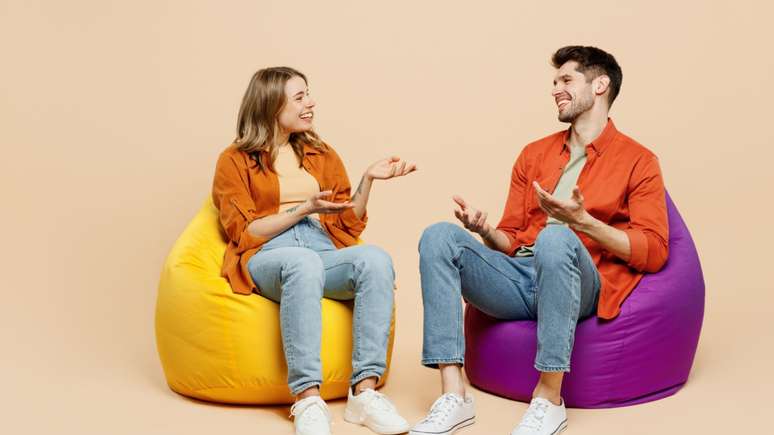
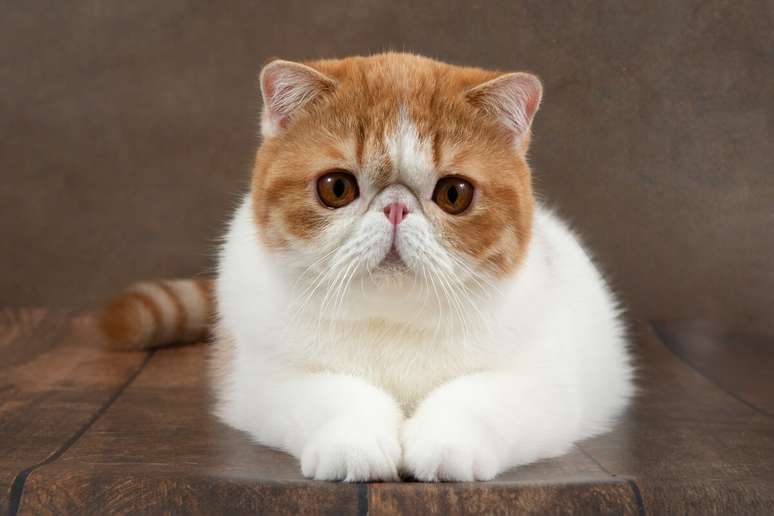
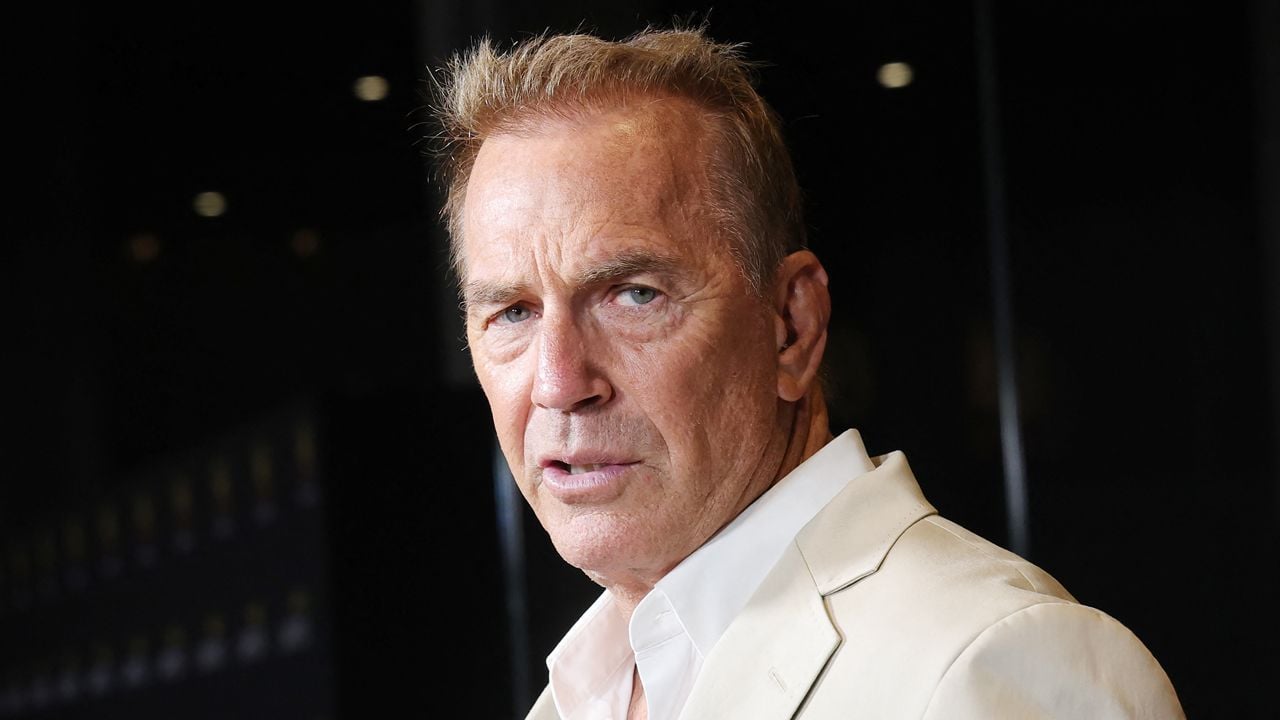
-to4l92e9v7fo.jpg)


